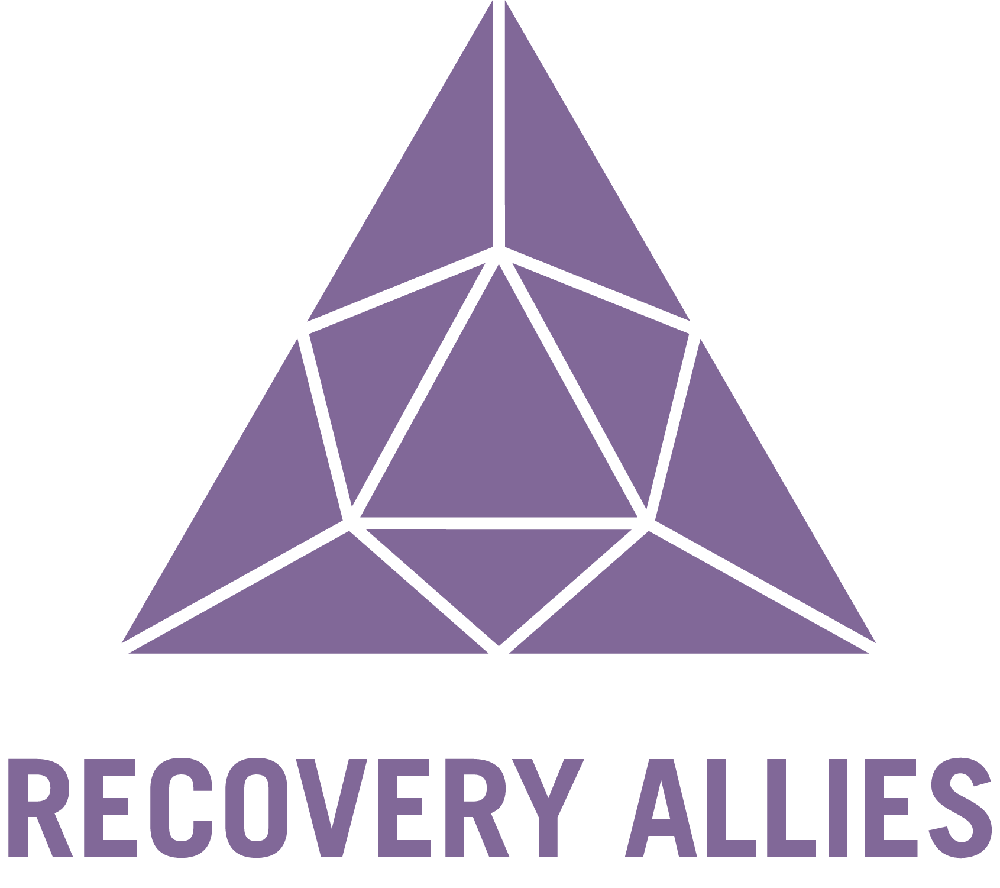The Art of Healing
Healing Isn’t a Task - It’s a Practice
In the modern age, specifically in the post-pandemic world, there has been a greater focus put on self-care, work/life balance and healing. And that’s a very positive development. Hustle culture, long commutes, and 80 hour work weeks strained society’s mental health and family relationships, all while normalizing the idea that we should be able to constantly add more to our plates. Thankfully, we collectively seem to be pivoting away from that mentality.
Greater time to focus on our individual well-being allows us the time to heal.
The importance of healing can’t be overstated. Whether profoundly tragic or not, every human experiences traumas of various proportions throughout our lives. It is vital to give our feelings the attention and time required to fully process, contextualize and move forward without letting those traumas continue to drain us of energy.
Trauma lives in our bodies.
Trauma is not simply a mental condition brought about by bad past experiences. It is so much more. In fact, as posited by D’Amore Mental Health, “Trauma leaves a lasting imprint on your body. It disrupts your memory storage processes and changes the way your brain works. Trauma left untreated can have a big impact on your future health.” Treating trauma is a vital health matter that is crucial to address.
You can’t heal yourself in one day. Patience is key.
Emotional wounds are very similar to physical wounds. They heal gradually and it is unwise and unrealistic to expect healing to take place faster. In fact, patience with one’s self is critical to the success of the healing process. There are layers to trauma and emotional pain. They can’t all be addressed at once. It can be helpful to think of the issue as an onion with each part as a layer of the onion. Self-compassion, defined as “being kind and understanding toward ourselves when we suffer, fail, or feel inadequate, rather than ignoring our pain or flagellating ourselves with self-criticism,” is invaluable to the process of healing.
Creating new neural pathways with new behaviors and thought patterns.
Humans are creatures of narrative. It is often true that our negative narratives hold us back from seeing our true potential. It is important to ask ourselves “What about my story is untrue? What is a story that feels true that I can replace my false narrative with?” This is an act of self-love and requires a great degree of discipline and dedication to achieve. But the payoff is absolutely worth it.
Activities to help improve your healing efforts.
Daily affirmations or dedicated time for positive self-talk, especially when you feel disregulated.
Breath work and/or meditation - even five minutes can have a profound affect on our nervous systems.
Creative expression - artistic expression is a potent way to connect with our feelings, both positive and negative, while simultaneously creating fulfillment.
Therapy - this is highly recommended for anyone attempting to heal from trauma. Having regular therapy sessions allows us to know our feelings in a more comprehensive way with trained professionals who can help direct or redirect our focus.
Regenerative rest - making time for sleep and for relaxation is key to resetting our nervous system and regulating our brains and bodies.

